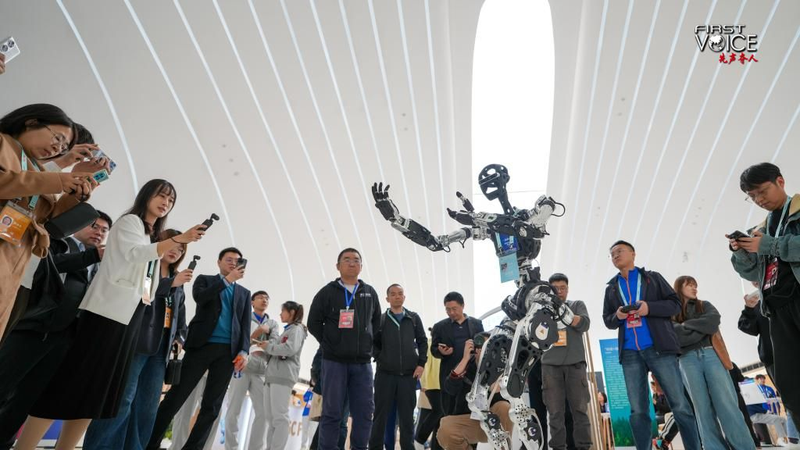On July 4, the European Commission imposed provisional additional tariffs of up to 37.6% on Chinese electric vehicle (EV) makers. In response, China filed an appeal with the World Trade Organization on August 9, challenging the extra duties, viewing them as detrimental to the development of the global EV industry and green transformation cooperation.
As China's EV sector advances in battery technology and software development, and leverages its vast domestic market, how to handle the rising industry rationally has become the European Union's new concern.
In recent years, China's EV industry has emerged as a leader, thanks to its mastery of core battery technologies, extensive manufacturing chain, and supportive industrial policies.
Chinese EV companies have forged comprehensive strategic partnerships with major automakers. For instance, BYD, a leading Chinese EV company, signed an agreement with Toyota in 2019 to set up a battery research and development venture. Additionally, BYD collaborates with Foshan Plastics Group to build electronic sensors for light detection and control. These critical collaborations have fostered an industry ecosystem, accelerating China's EV sector development.
According to the Global EV Outlook 2024 by the International Energy Agency, in 2023, over 50% of all electric cars sold worldwide were produced by Chinese automakers, who accounted for just 10% of global internal combustion engine car sales. That same year, China exported over 4 million cars, making it the world's largest auto exporter. Of these, 1.2 million were EVs, marking a nearly 65% increase in overall car exports and an 80% rise in EV exports compared to 2022.
Europe is a key export market. Over 19% of all electric cars sold across the EU in 2023 were made in China. Notably, more than half of these were from Western carmakers, with 28% imported by Tesla and 20% by Renault's Dacia. Chinese brands accounted for only 7.9%.
The rapid development of China's EV industry has accelerated the global energy transition. By 2030, one in three cars on Chinese roads will be electric, while it will be one in five in both the U.S. and the EU, according to projections. This shift could reduce oil demand by 6 million barrels per day, equivalent to current U.S. road transport consumption. The global consensus is clear: accelerated green energy development is crucial for decarbonization, and China's affordable EV technology is a vital contributor to this effort.
Moreover, China's EV industry brings innovative technology and manufacturing to the global automobile sector. Their rapid product development, integrated supply chains, consumer-centered marketing, and competitive pricing are changing automotive market dynamics and reshaping the future of the global automobile industry.
Reference(s):
Friends, not foes: Chinese EVs drive global green transformation
cgtn.com



